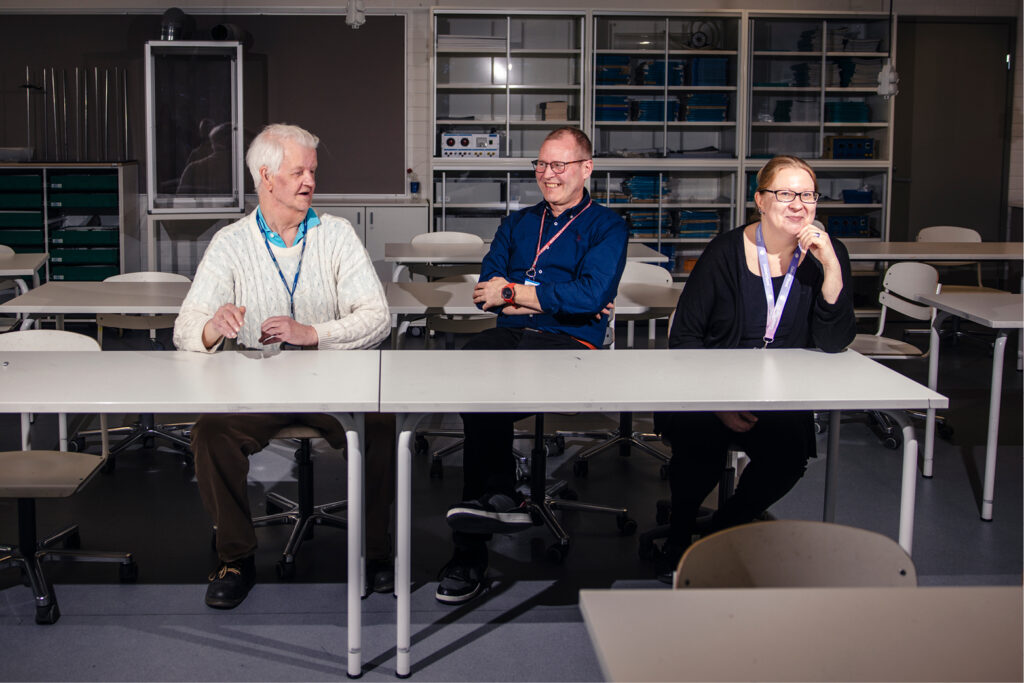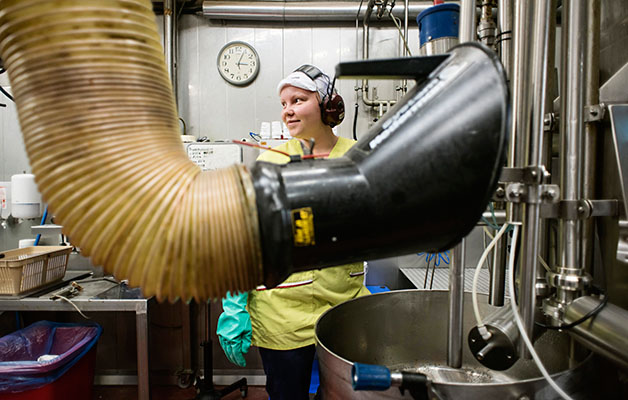
Occupational safety in shared workplaces – challenges and solutions
Schools are shared workplaces with employees from several employers. People at Havukoski School are constantly thinking about how to develop safety and ensure that messages are transferred effectively even in dangerous situations.



